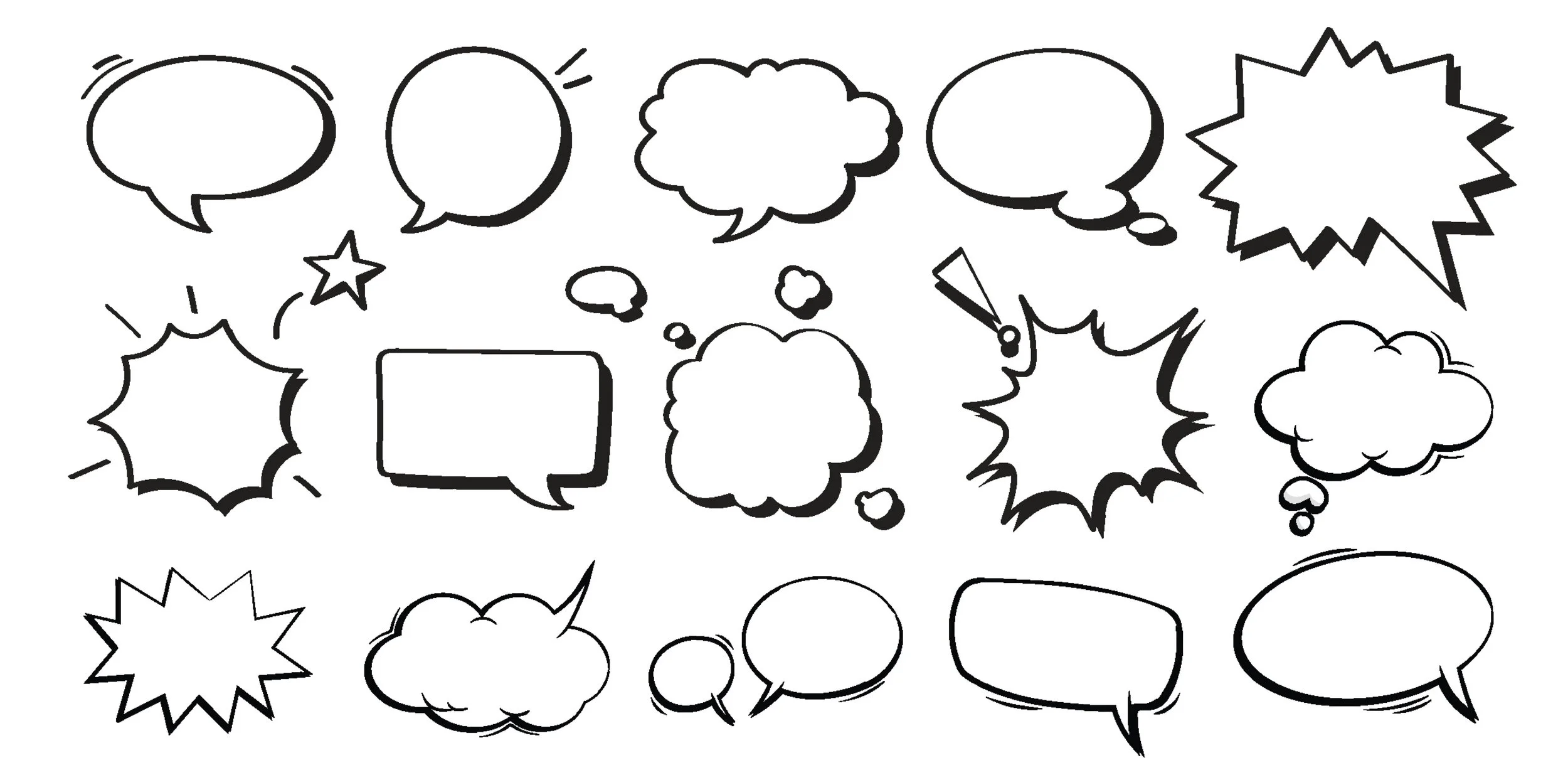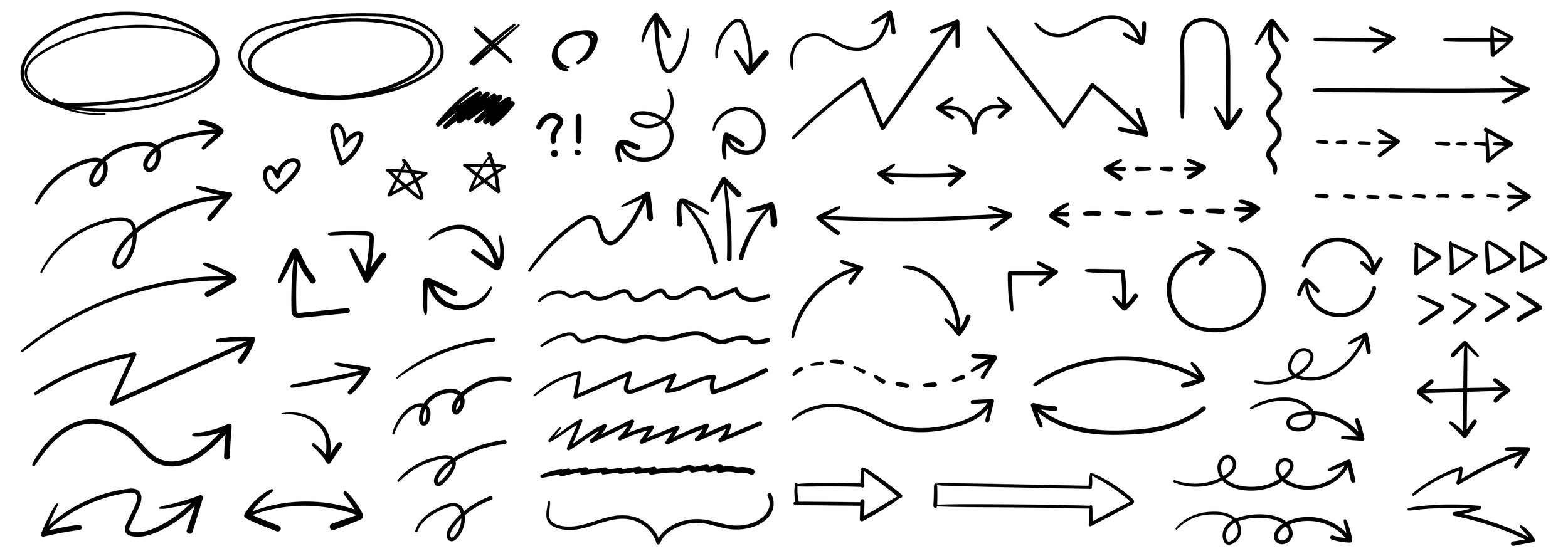We all do it. It’s natural to jump to conclusions and judge others. People don’t act like we want them to. We get uncomfortable.
You see someone on the street who looks weird. They’re so different than you and and you can’t understand how anyone would dress like that or wear their hair that way. You feel uncomfortable.
A co-worker tears apart your idea. What the what?!? They are rude and critical and you can’t help but jump to a negative conclusion.
It’s October of an election year. The negative ads are raging. You’re flabbergasted by the ideas of the other party and are sure your position is correct. You judge others based on their beliefs.
…here comes the judge, here comes the judge, here comes the judge, here comes the judge.
Describe what it means to be non-judgmental
You may think being judgmental helps you in life. Here are a couple of questions you may have:
Don’t I need to be judgmental, so I don’t get taken advantage of? Sort of. Instead of judgment, it’s advantageous to be discerning. Read my blog describing the 5 characteristics of discernment. Judgment is damaging but discernment is useful.
Shouldn’t I use my experiences to judge what is happening now? Yep. Absolutely. Using your past experiences is wise. To make ultimate conclusions, however, based only on what has happened in the past is not. The sweet spot is holding space for other conclusions, ideas, and perspectives without ignoring what you already know. Use your knowledge and keep open to new ideas.
Being non-judgmental lets other people have their own opinions. None of us have the right to squelch another person’s beliefs and demand our opinion is the correct one. That’s simply self-centered. Judgment closes off relationships as we defend our position against another. The key is to listen to others instead of judging them.
Why is it a good Habit to be non-judgmental?
It’s not possible to love others if we are judging them negatively. Love requires acceptance. Negative judgment pigeonholes people. When this happens, acceptance is gone and certainty reigns. The door for acceptance and love closes.
Is it your desire to love others? If so, it’s necessary to make a habit of being non-judgmental. This means you find out more about the person. Many times, further conversation finds common ground between people. The door for love and acceptance opens again. It’s not necessary to agree on everything to love. It’s just necessary to accept that the other person’s opinion as valid.
You can learn from everyone. It’s been quoted:
Everyone is my teacher.
Some I seek.
Some I subconsciously attract.
Often I learn simply by observing others.
Some may be completely unaware that I’m learning from them, yet I bow deeply in gratitude.
The idea here is that everyone has something to teach you. It takes humility to accept this. Sometimes the lesson is about just how judgmental you are with others. If you look for the lesson in each situation, instead of quickly judging and drawing a conclusion, your life will be ever expanding.
Being non-judgmental will open you to new perspectives. You may disagree or feel put off by what another person says, but being judgmental is just your ego’s way of making them wrong and you right. Your mind is closed off as it’s already drawn a conclusion. When this happens, you’re stuck with limited information.
My mentor challenged me with the idea of asking a question when I want to judge another. She has suggested saying, “Interesting…tell me more.” This allows the other person to explain further. Sometimes this clears up a misunderstanding. Sometimes it doesn’t. In either case, I know more than if I had immediately judged.
You’ll be easier to be around. The fear of rejection runs deep in us and we all want to be accepted. When you’re non-judgmental, people feel accepted by you. Even though you may disagree with them, you’re showing them that you hold space for differences. This acceptance is easier to be around than the awkwardness of division.
Want to have friends? Be non-judgmental!
How can you form the habit of being non-judgmental?
Practice listening with the intent to know more instead of thinking about what you’ll say next. This will help you not jump right to judgments.
Understand that your perspective is only based on your experiences. You haven’t “walked” in their shoes so you may not immediately know what other people mean. Instead of jumping to a judgment …
Be curious and ask questions. The power of questions is underrated. Our ego will jump in and races to judgment. Humility will find out more about their position. Asking questions is a skill to learn. Many people aren’t good at it simply because they haven’t practiced it enough. Try to ask 10 questions a day. See what you find out as you form the habit of being non-judgmental.
See this Ted Lasso clip which shows the power of being curious instead of judgmental.
Give yourself time for new ideas to percolate. As you ponder new information instead of rushing to judgment, you’re likely to hear about ideas that go along with what you are trying to comprehend. It’s amazing what time will do to bring about understanding.
Make a Habit of Being Non-Judgmental
If you would like me to come speak to your organization about Healthy Habits, contact me at cathy@lookfeeldobetter.com. I look forward to hearing from you!




